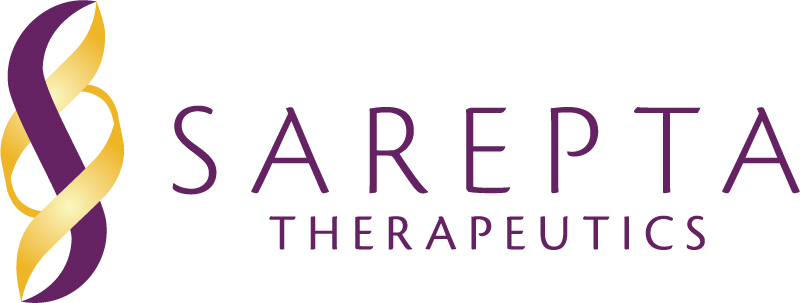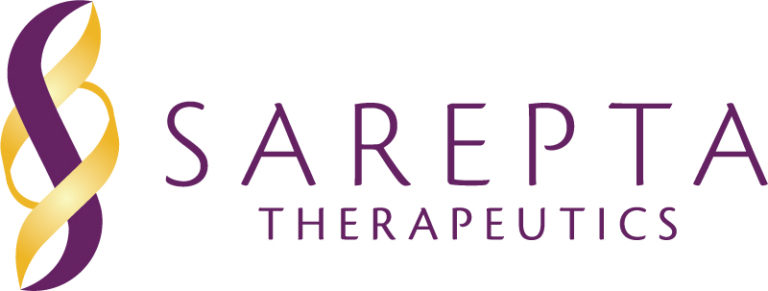Sarepta Therapeutics, Inc, today announced the U.S. Food and Drug Administration (FDA) has accepted and filed the company’s ‘Efficacy Supplement’ to the Biologics License Application (BLA) for ELEVIDYS (delandistrogene moxeparvovec-rokl).
There two objectives of the Efficacy Supplement submission:
- To expand the labelled indication for ELEVIDYS, to include the treatment of Duchenne muscular dystrophy (DMD) patients with a confirmed mutation in the DMD gene.
- To convert the ELEVIDYS designated accelerated approval to a traditional approval.
The FDA has granted the Efficacy Supplement a “Priority Review” with an intended review date of 21st of June, 2024. The Agency has also confirmed they are not planning to hold an advisory committee meeting to discuss the supplement.
“We are pleased to announce that FDA has accepted and filed Sarepta’s Efficacy Supplement to evaluate broadening the approved indication of ELEVIDYS by removing age and ambulation restrictions and converting the approval from accelerated to traditional,” said Doug Ingram, president and chief executive officer, Sarepta Therapeutics. “We are particularly grateful for the Division’s prompt engagement and commitment to expediency by granting priority review and setting a June 21 review goal date. Understanding that every day matters to families living with Duchenne, we will work with our regulatory counterparts to successfully complete this review as rapidly as possible.”
Accelerated & Traditional Approval Designations
The FDA’s “accelerated approval” and “traditional approval” designations are two pathways by which drugs and biologics can be approved for marketing in the United States. These pathways differ in their requirements, timelines, and the types of evidence needed to support approval. To summarise the key differences, accelerated approval is based on surrogate or intermediate clinical endpoints and requires post-marketing confirmatory trials, while traditional approval is based on comprehensive clinical data demonstrating safety and efficacy compared to standard treatments. Both pathways aim to ensure timely access to safe and effective treatments for patients while maintaining high standards for regulatory review and oversight.
ELEVIDYS (delandistrogene moxeparvovec-rokl)
A single-dose, adeno-associated virus (AAV) based gene transfer therapy for intravenous infusion designed to address the underlying genetic cause of Duchenne muscular dystrophy – mutations or changes in the dystrophin gene that result in the lack of dystrophin protein – through the delivery of a transgene that codes for the targeted production of ELEVIDYS micro-dystrophin in skeletal muscle. ELEVIDYS is indicated for the treatment of ambulatory paediatric patients aged 4 through 5 years with Duchenne muscular dystrophy (DMD) with a confirmed mutation in the DMD gene.
Would you like to know more about Duchenne muscular dystrophy? Increase your knowledge and understanding of Duchenne with our bite-sized science video series.
Section 1 – Facts about Duchenne muscular dystrophy
Section 2 – Signs and Symptoms of Duchenne muscular dystrophy
Section 3 – Diagnosis of Duchenne muscular dystrophy
Section 4 – Crucial Genetic Terminology
Section 5 – Genetics – Blueprint of Duchenne muscular dystrophy



 Edgewise Receives U.S. FDA Fast Track Designation for EDG-5506 for the Treatment of Duchenne Muscular Dystrophy (Duchenne)
Edgewise Receives U.S. FDA Fast Track Designation for EDG-5506 for the Treatment of Duchenne Muscular Dystrophy (Duchenne)